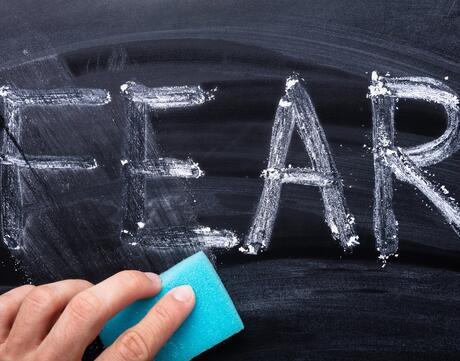
What it Takes to Be an Upstander
Marti Tippens Murphy, Executive Director of Facing History & Ourselves Memphis, recently reflected upon the nature of upstanding and what it demands of us in these times in The Daily Memphian.
Below is an excerpt from her piece:
The term 'upstander’ — someone who speaks out and stands up for justice on behalf of others — is more widely known now than ever. In this moment, we need to reflect on what being an upstander really takes.
It calls for so many things — compassion, ethics, reflection, understanding beyond oneself — and it calls for courage. Anytime we courageously use our voice or take an action, it requires some kind of risk, and there is no such thing as courage without fear. At a minimum, it will make us uncomfortable.
Facing History & Ourselves uses lessons of history to challenge teachers and their students to stand up to bigotry and hate. As part of this process, in classrooms across the globe, Facing History teachers introduce vocabulary to students to help them think about human behavior in times of crisis: bystander, ally, resister, target, victim, rescuer — and upstander.
I’ve been thinking a lot about what it takes to be an upstander today in the wake of the killings of George Floyd, Breonna Taylor and Ahmaud Arbery, and the national response.
In 2016, when the Memphis office of Facing History commissioned the “Upstanders in Memphis History” mural across from the National Civil Rights Museum, we wanted to engage viewers in the variety of ways people have stood up for others. These stories include Ida B. Wells working to end lynching, Lucy Tibbs testifying as a witness and violent crime victim in the aftermath of the Memphis Massacre, and Sheldon Korones establishing one of the first neonatal intensive care units to provide equitable health care for premature black babies.
We have so much to learn from our history when we are bold enough to face it. We have a great deal to learn from people of color who have led the fight (along with allies) against racism since its beginning. We have an opportunity now to read with different eyes, listen with different ears, and to act differently — to act ethically with courage and compassion.
Read the rest of Marti's piece in The Daily Memphian.

